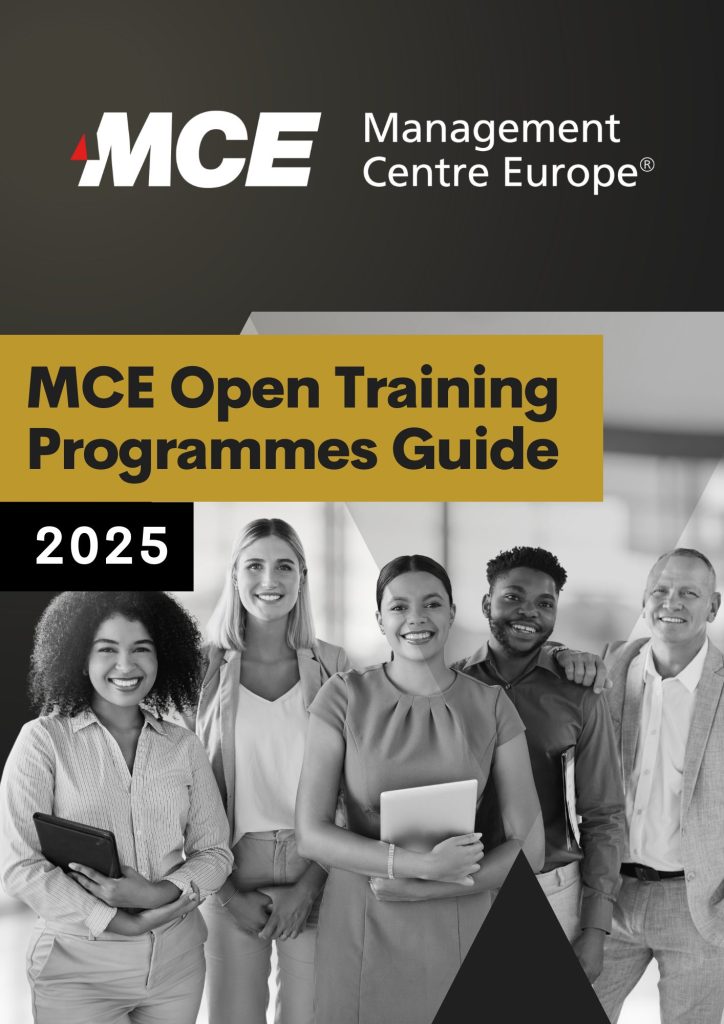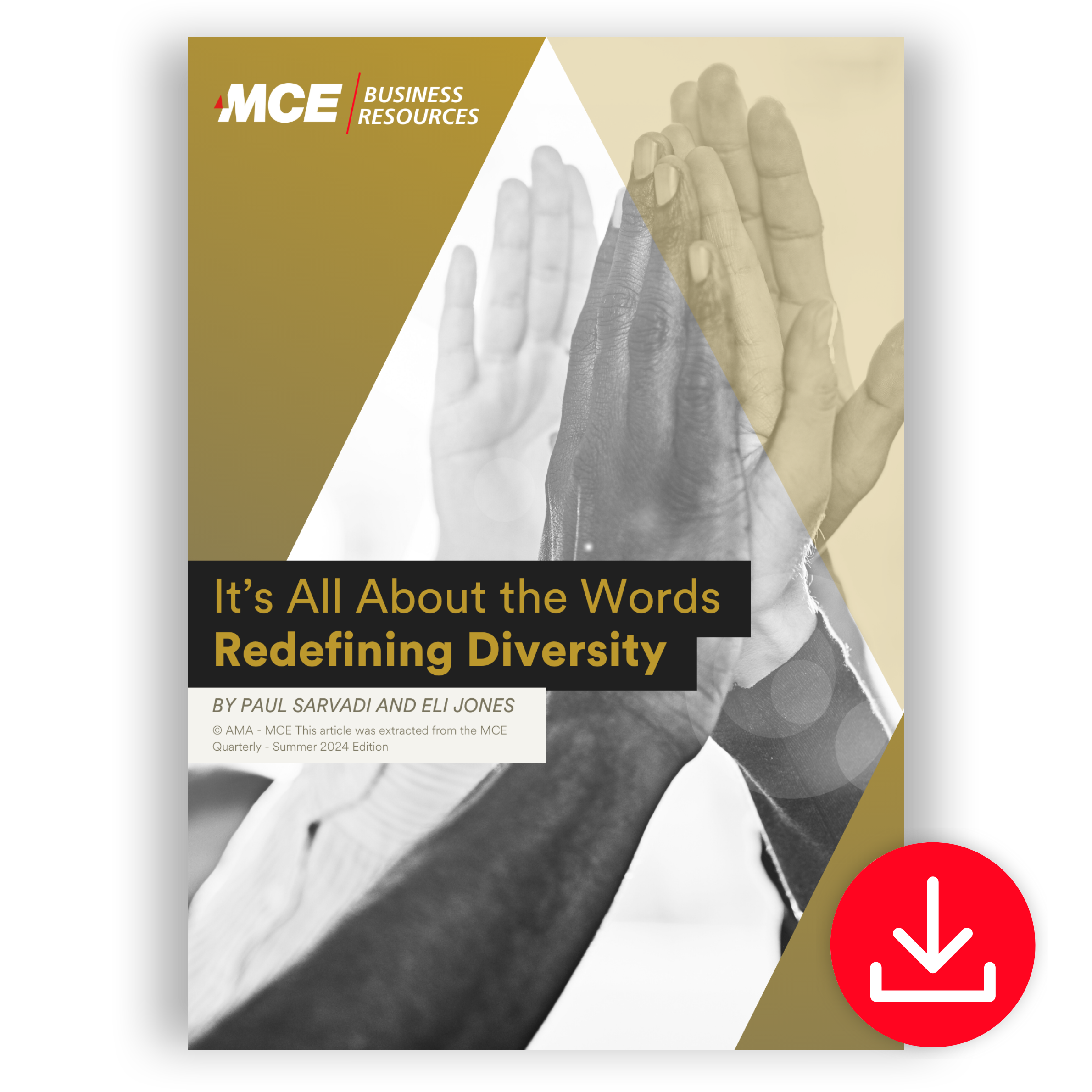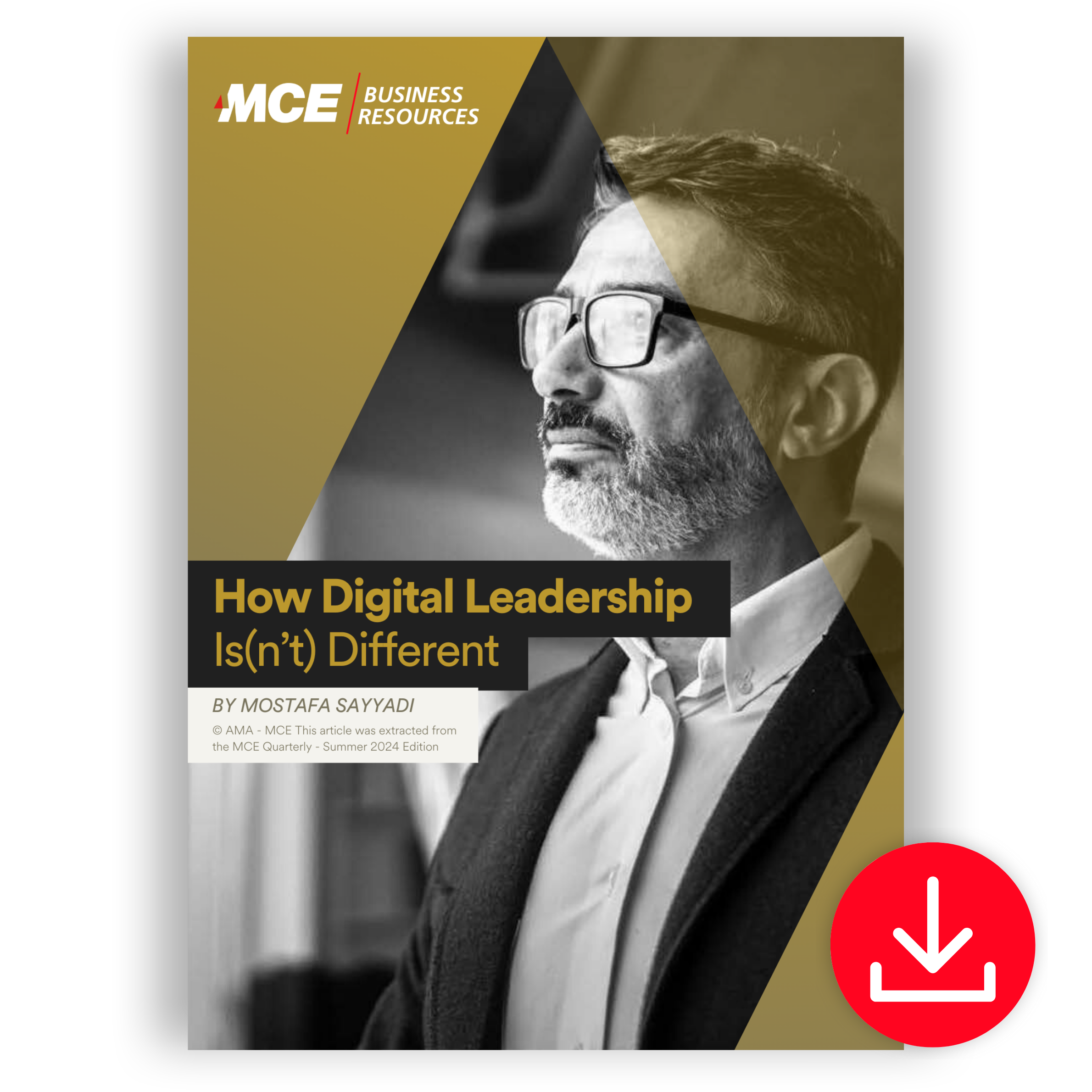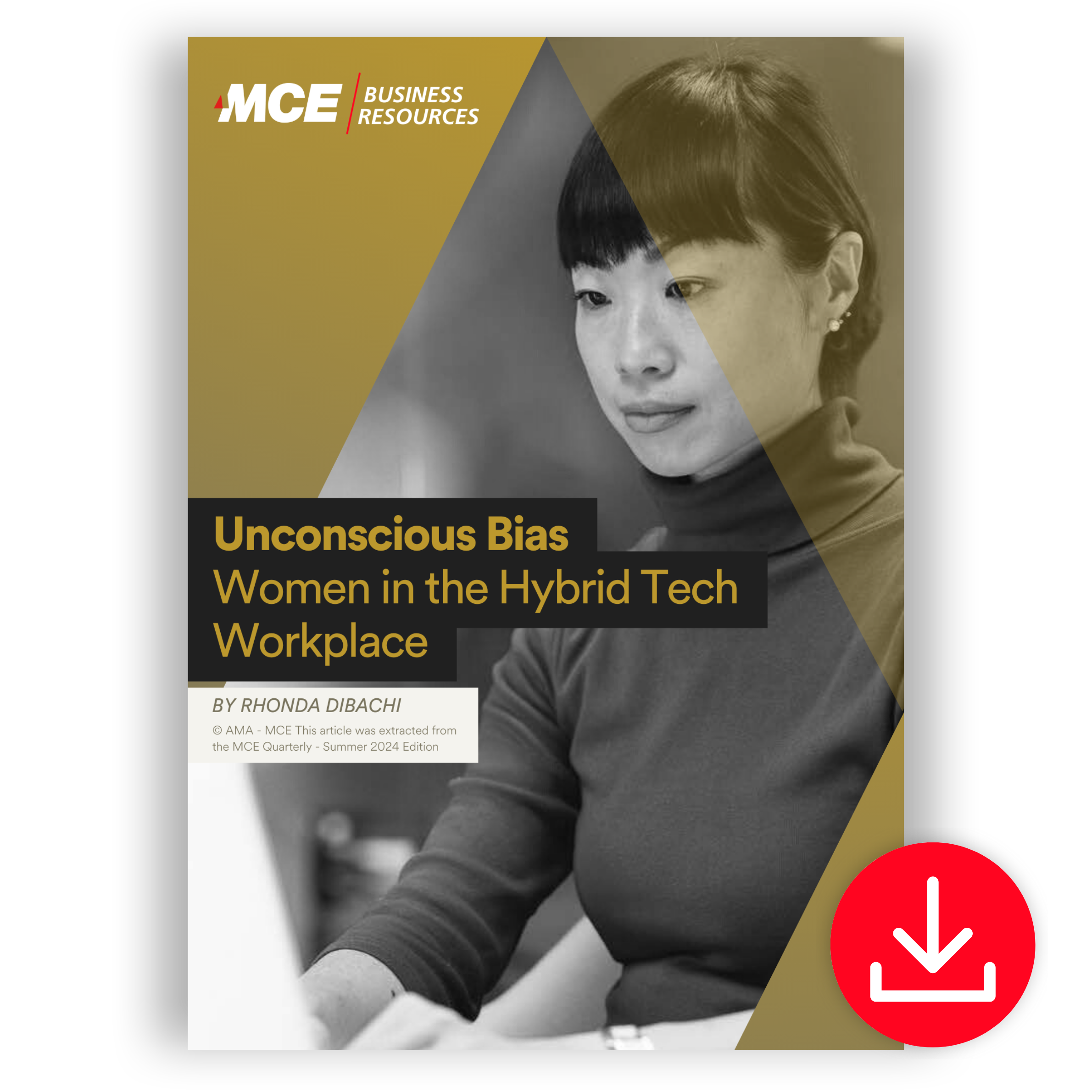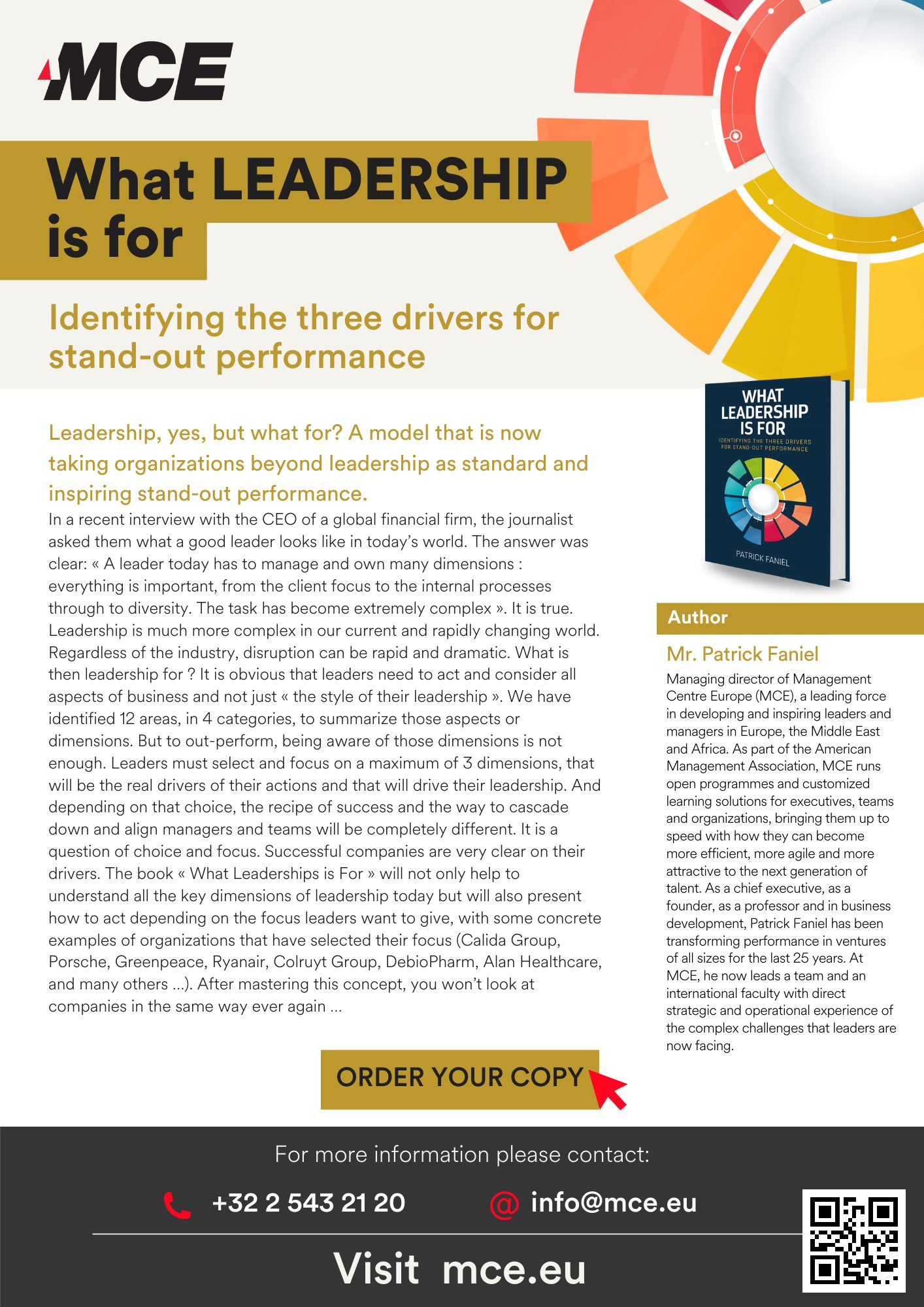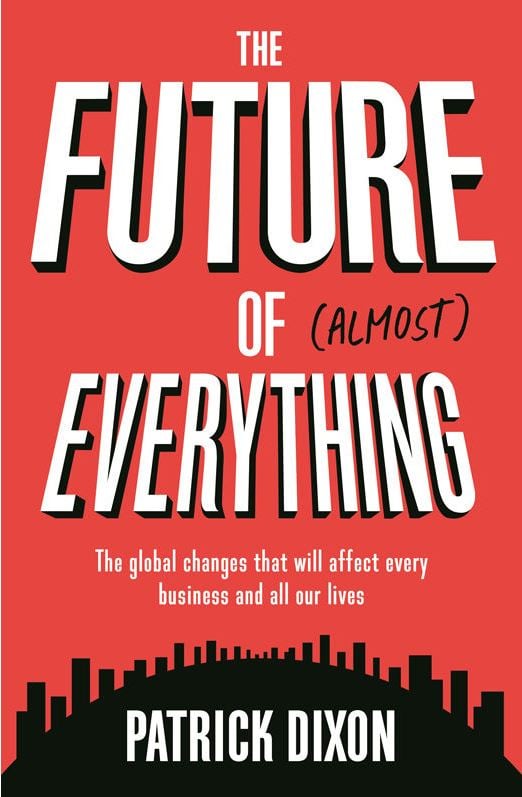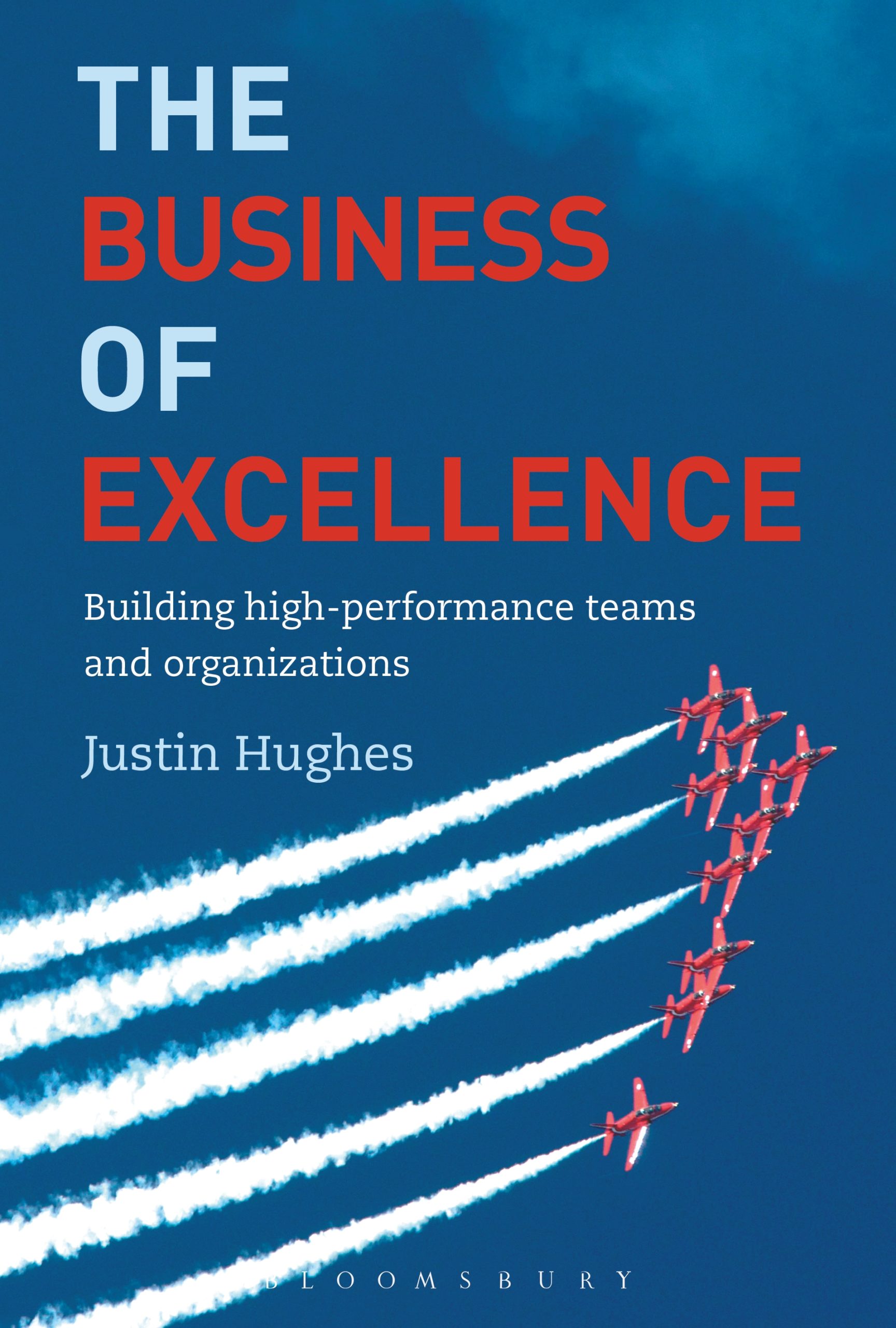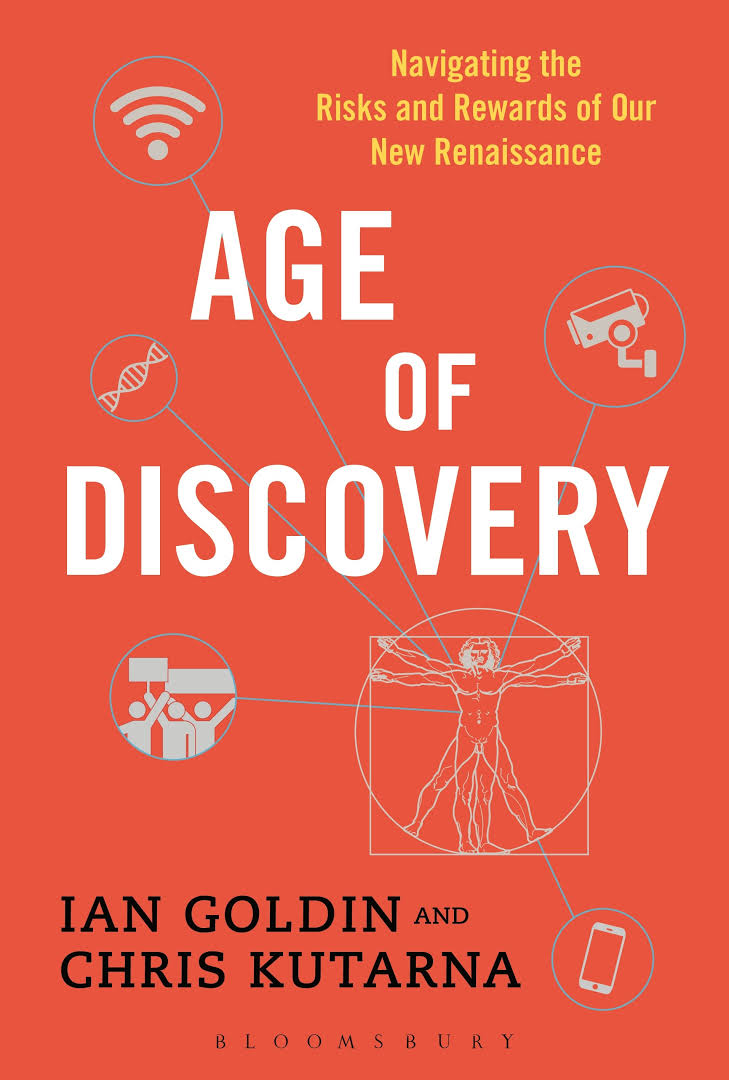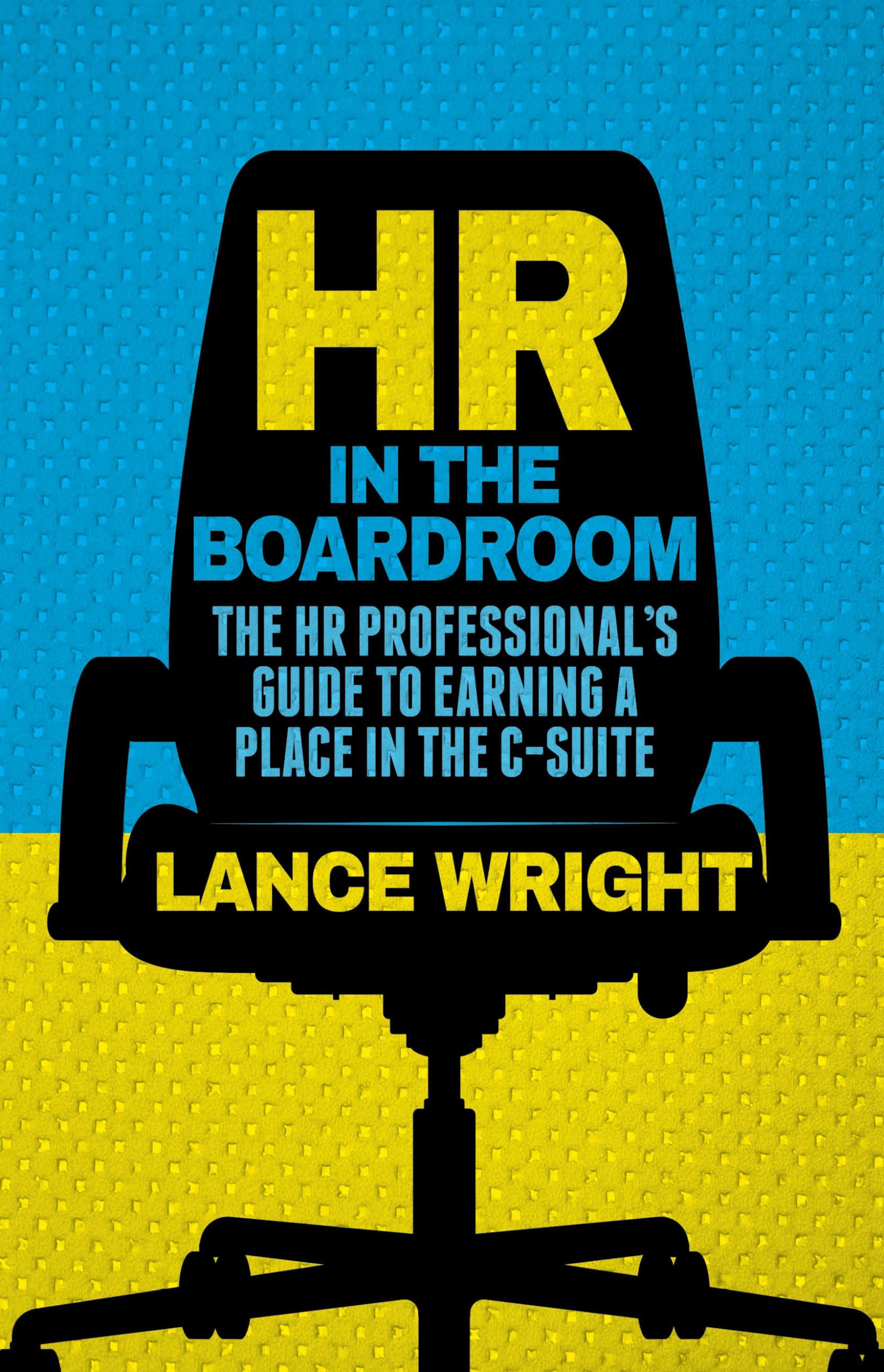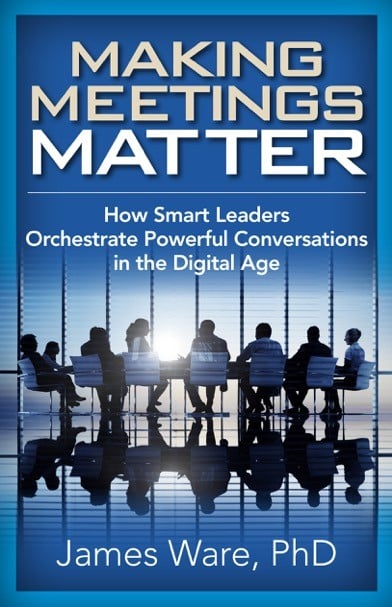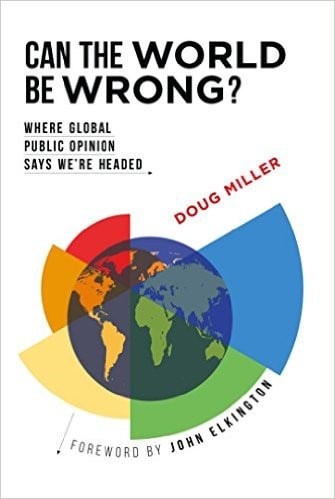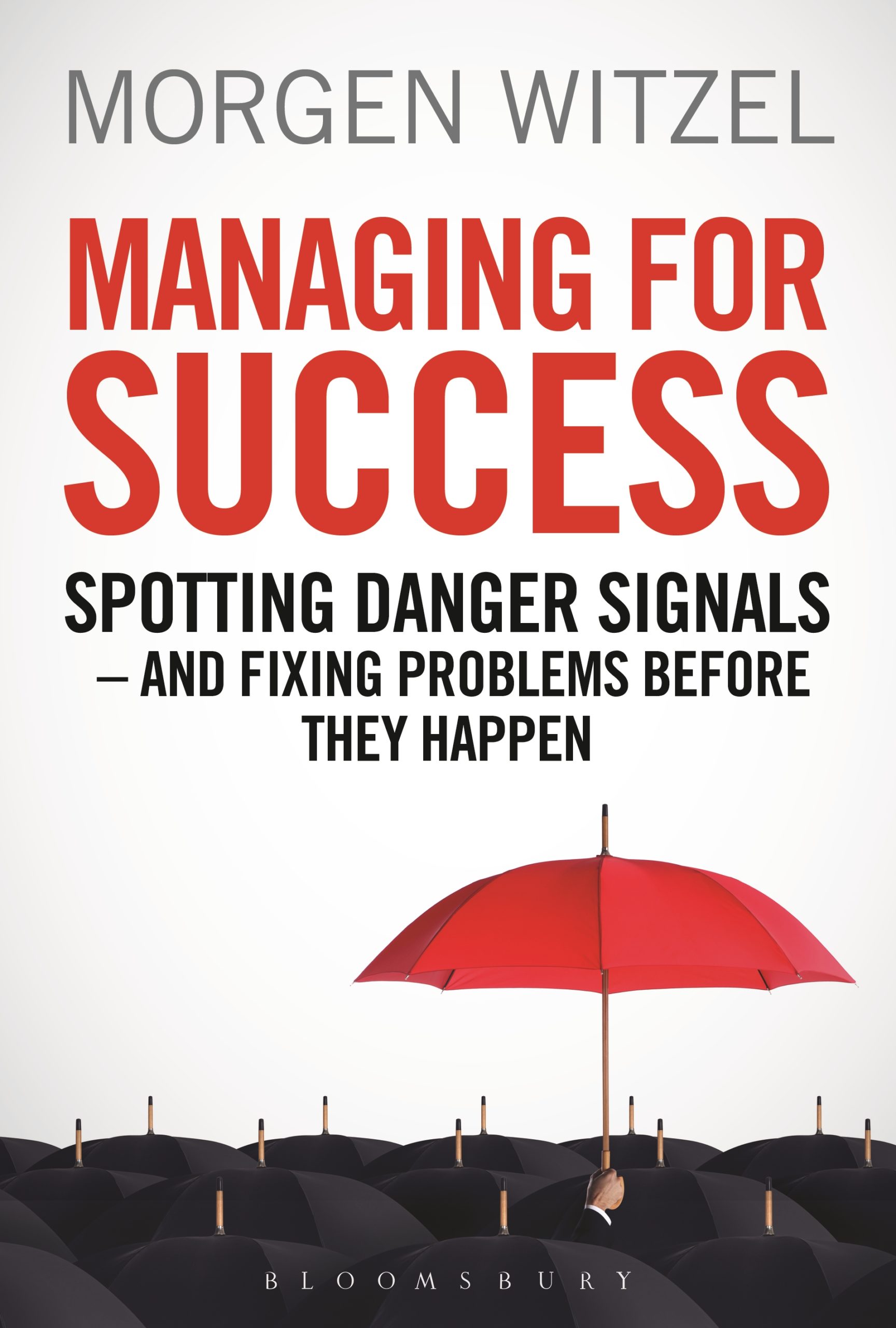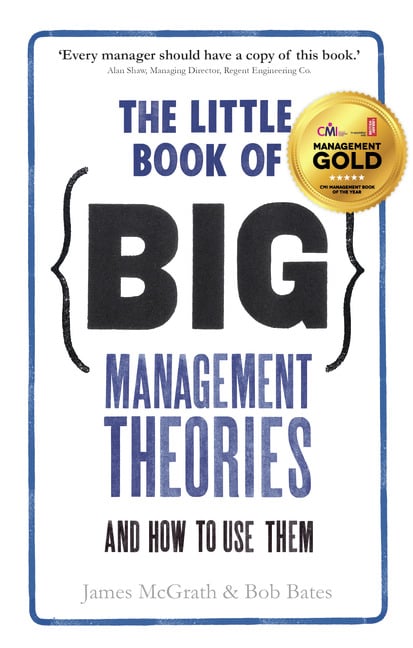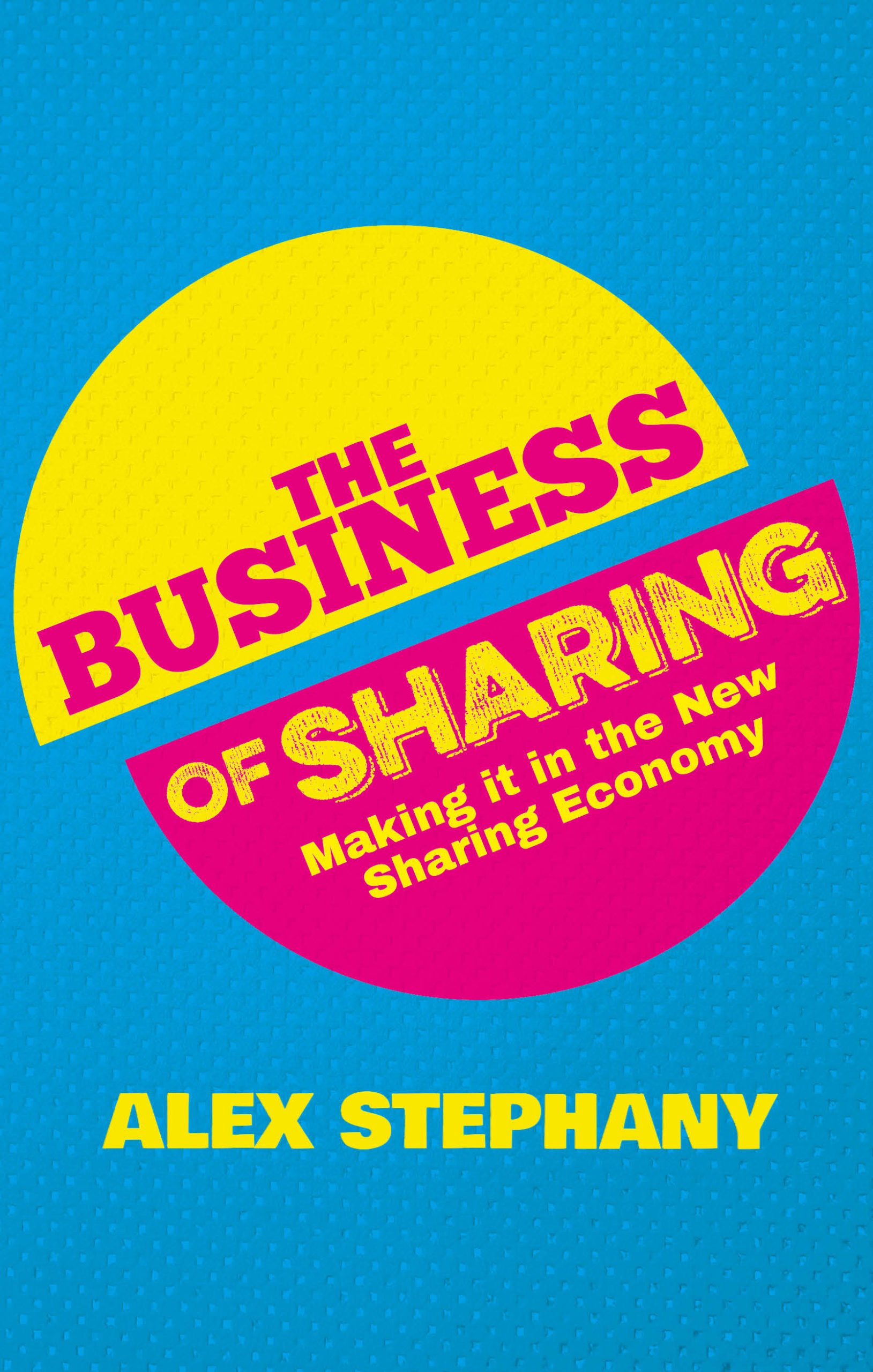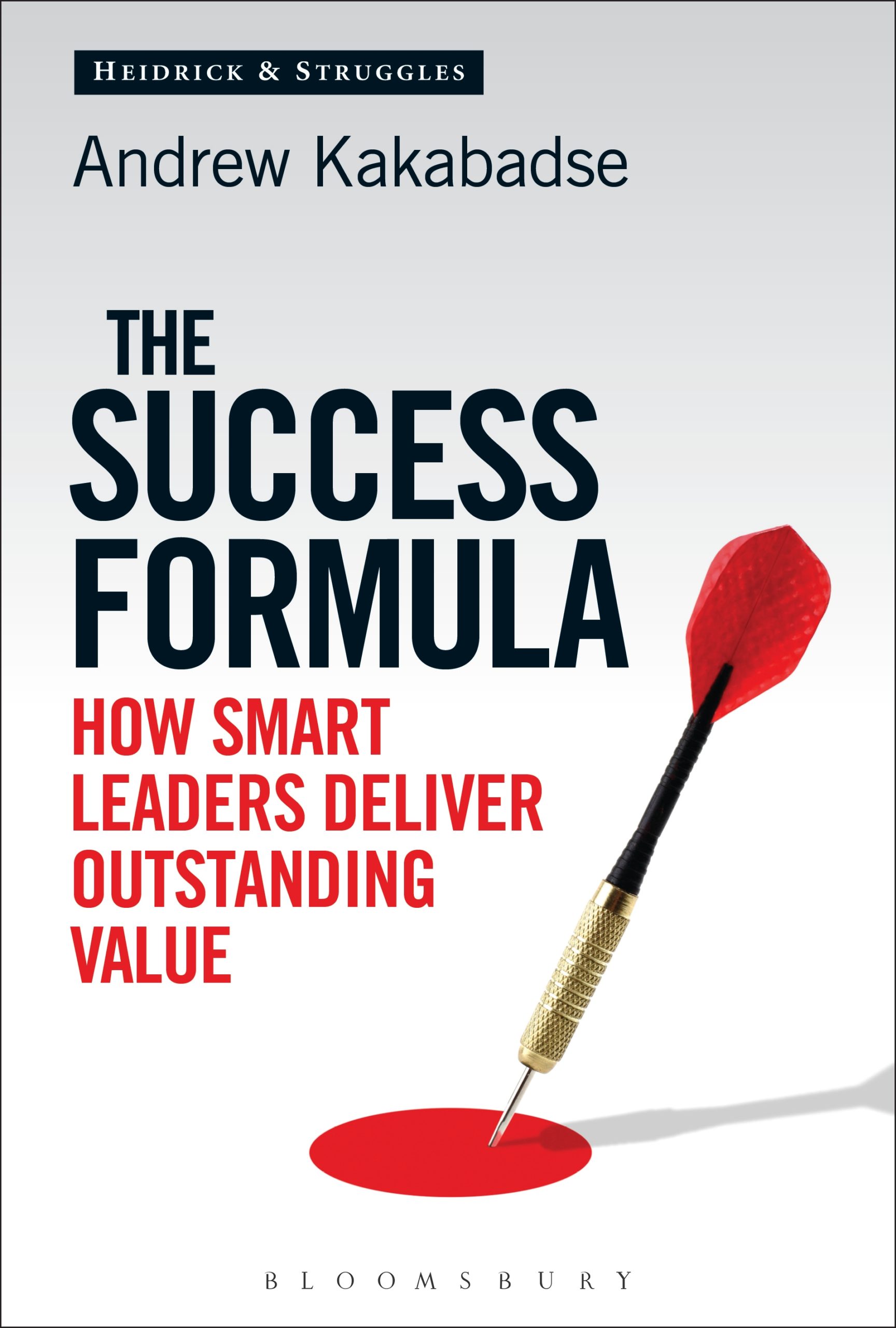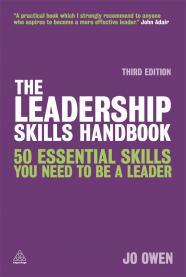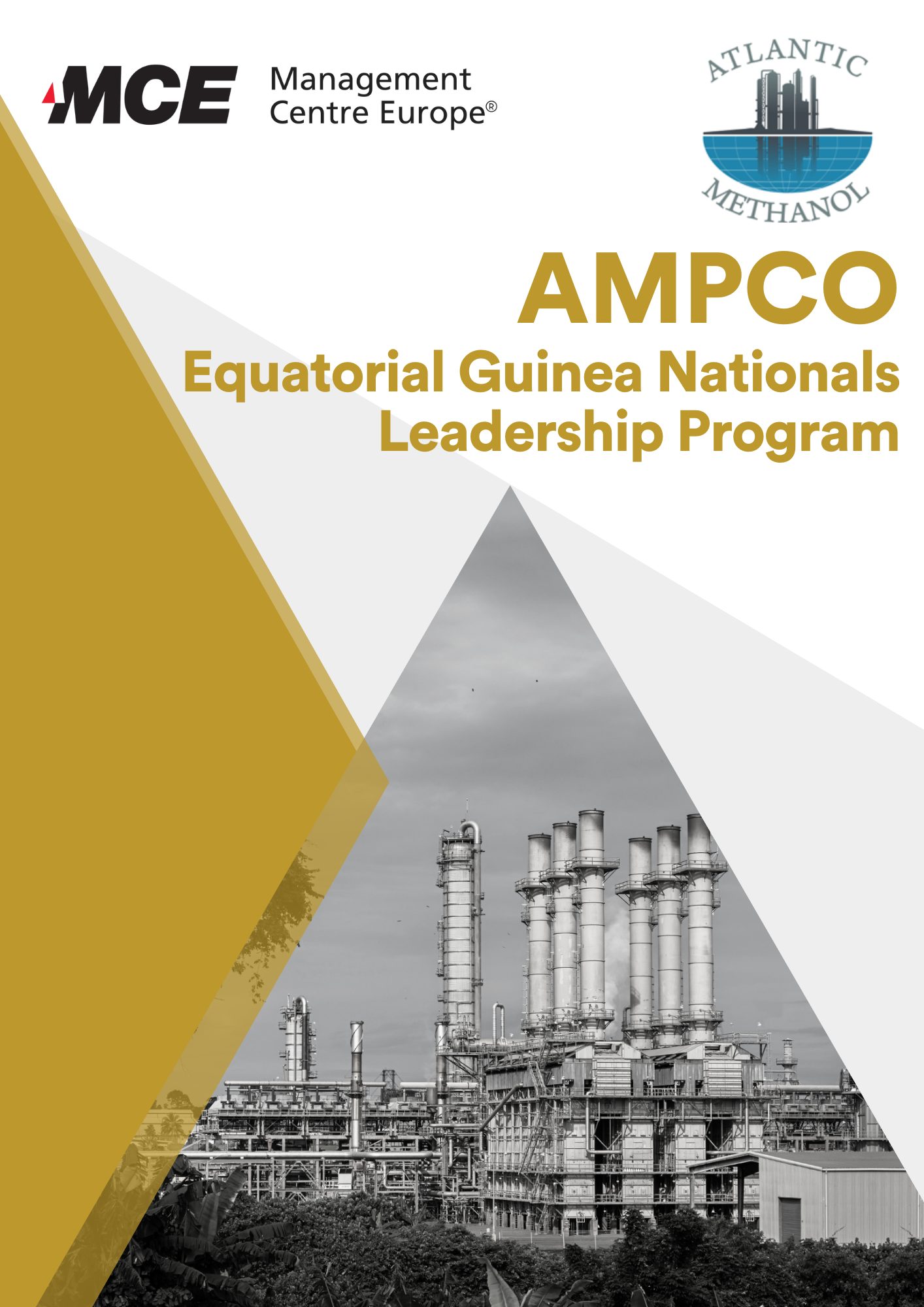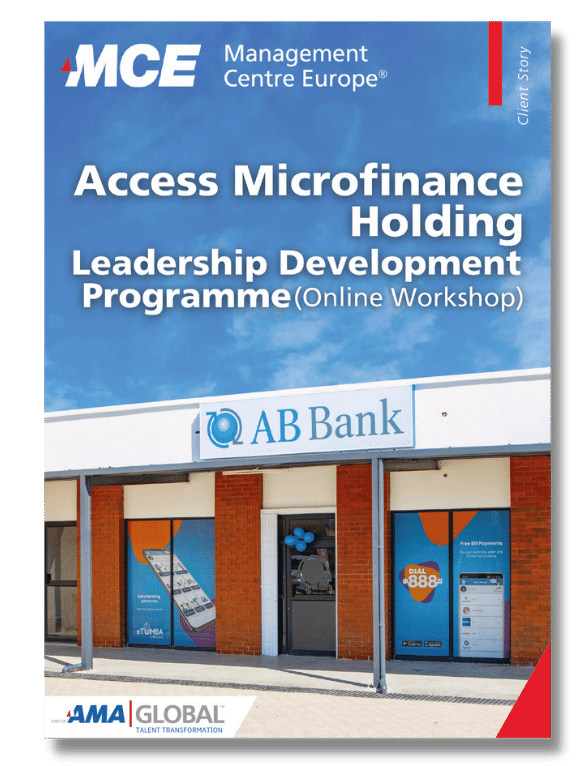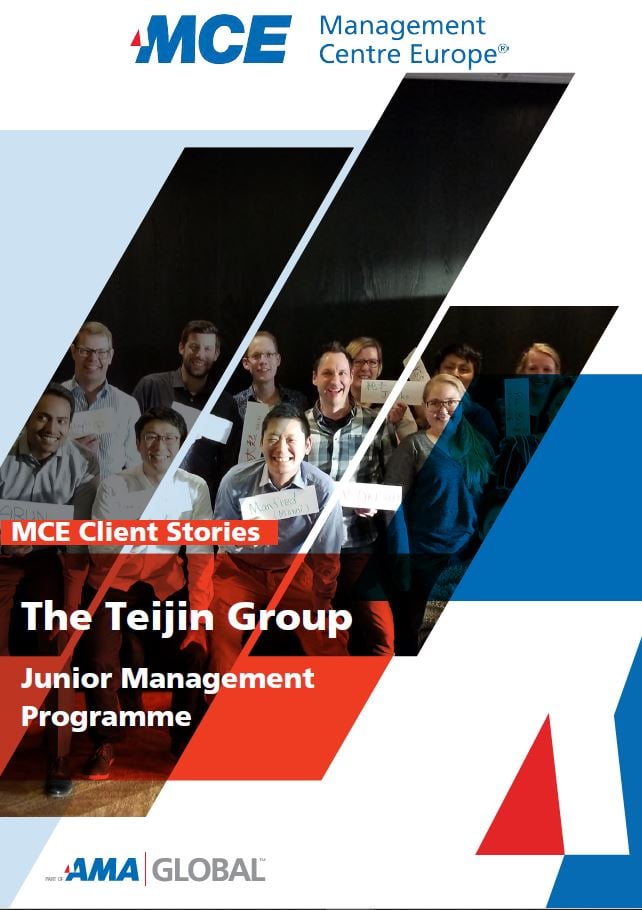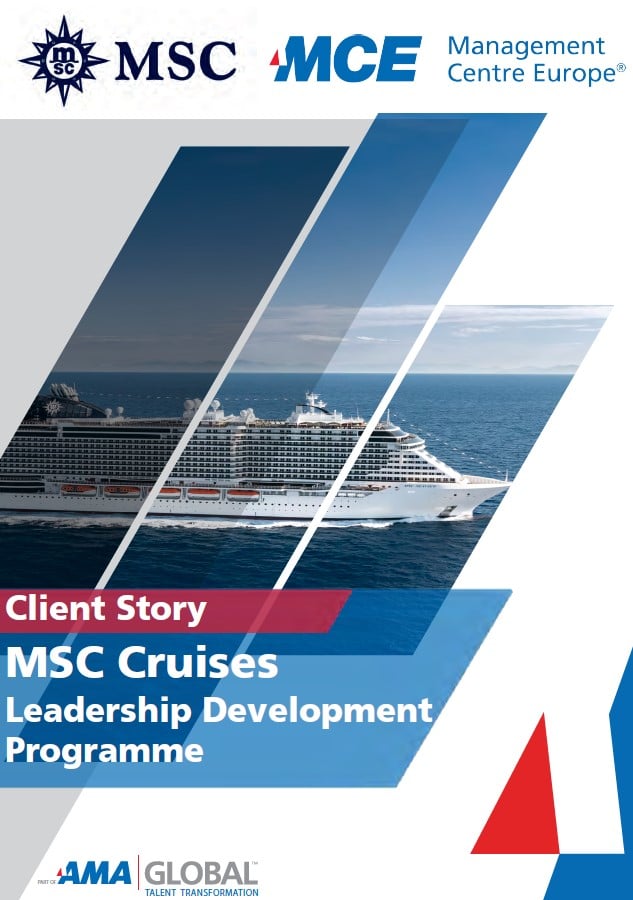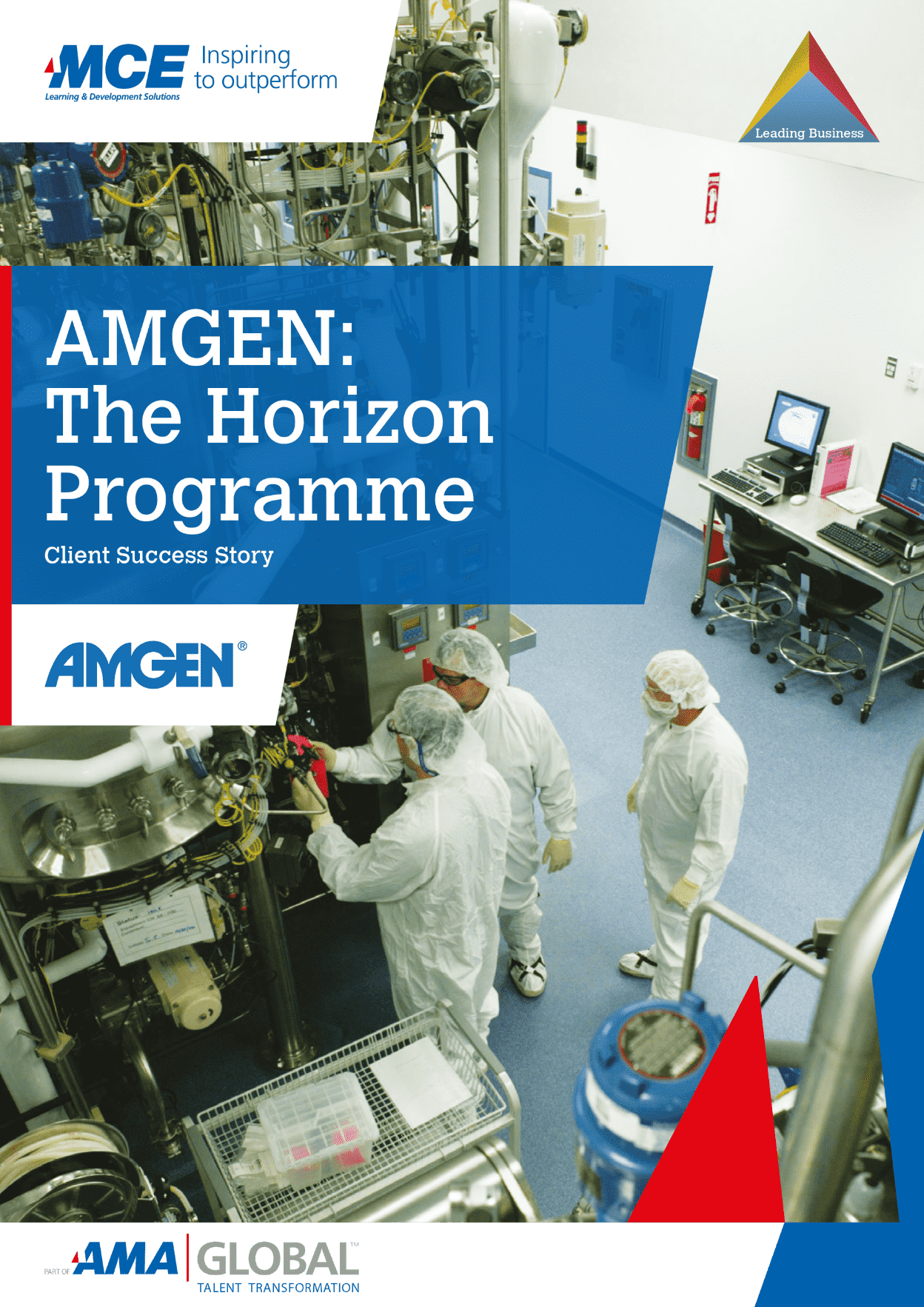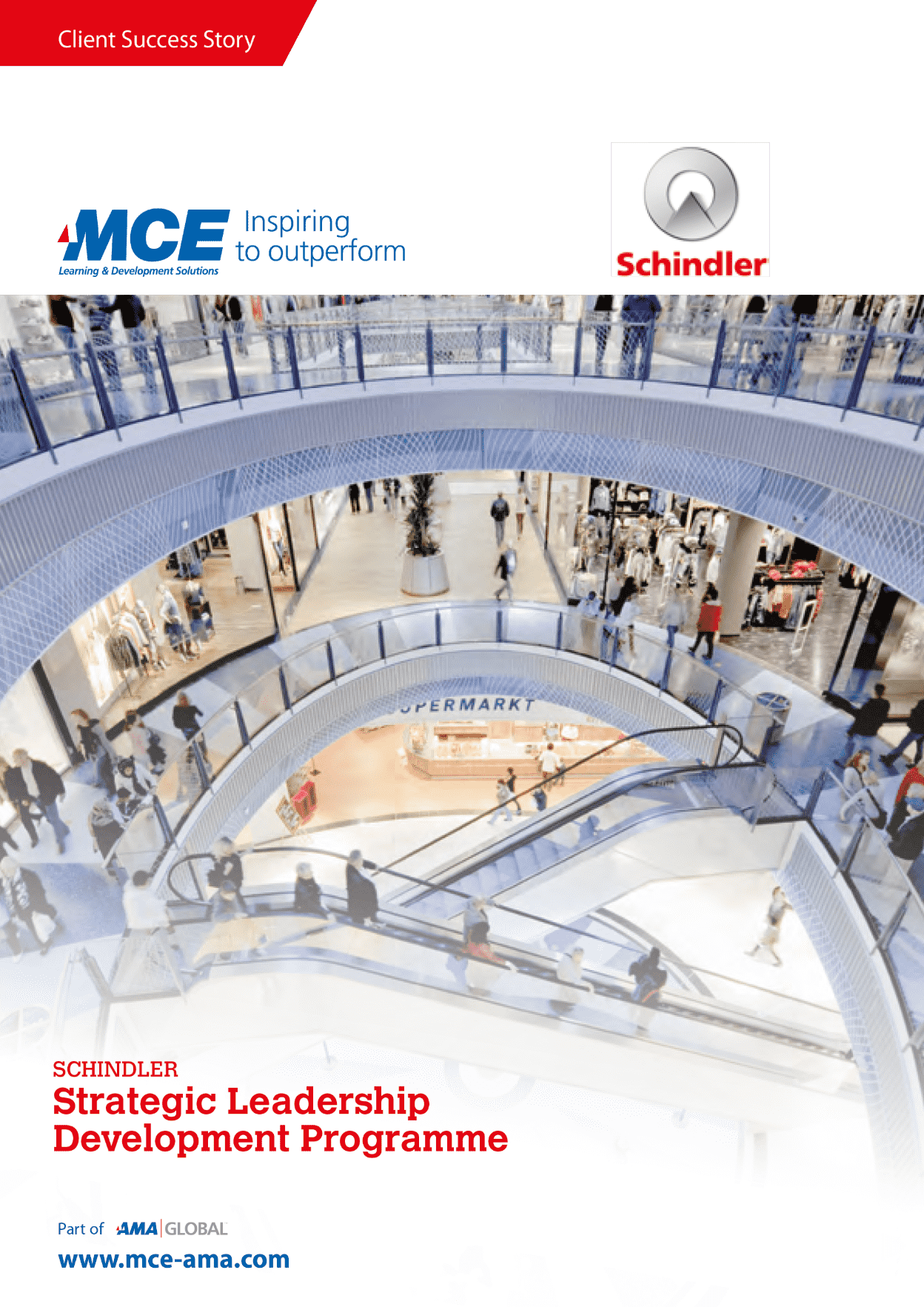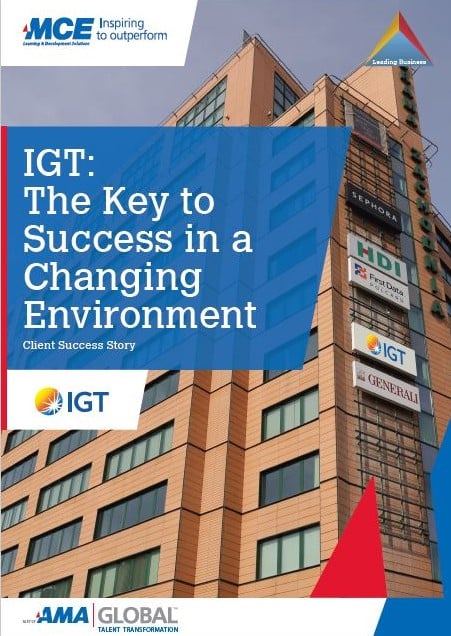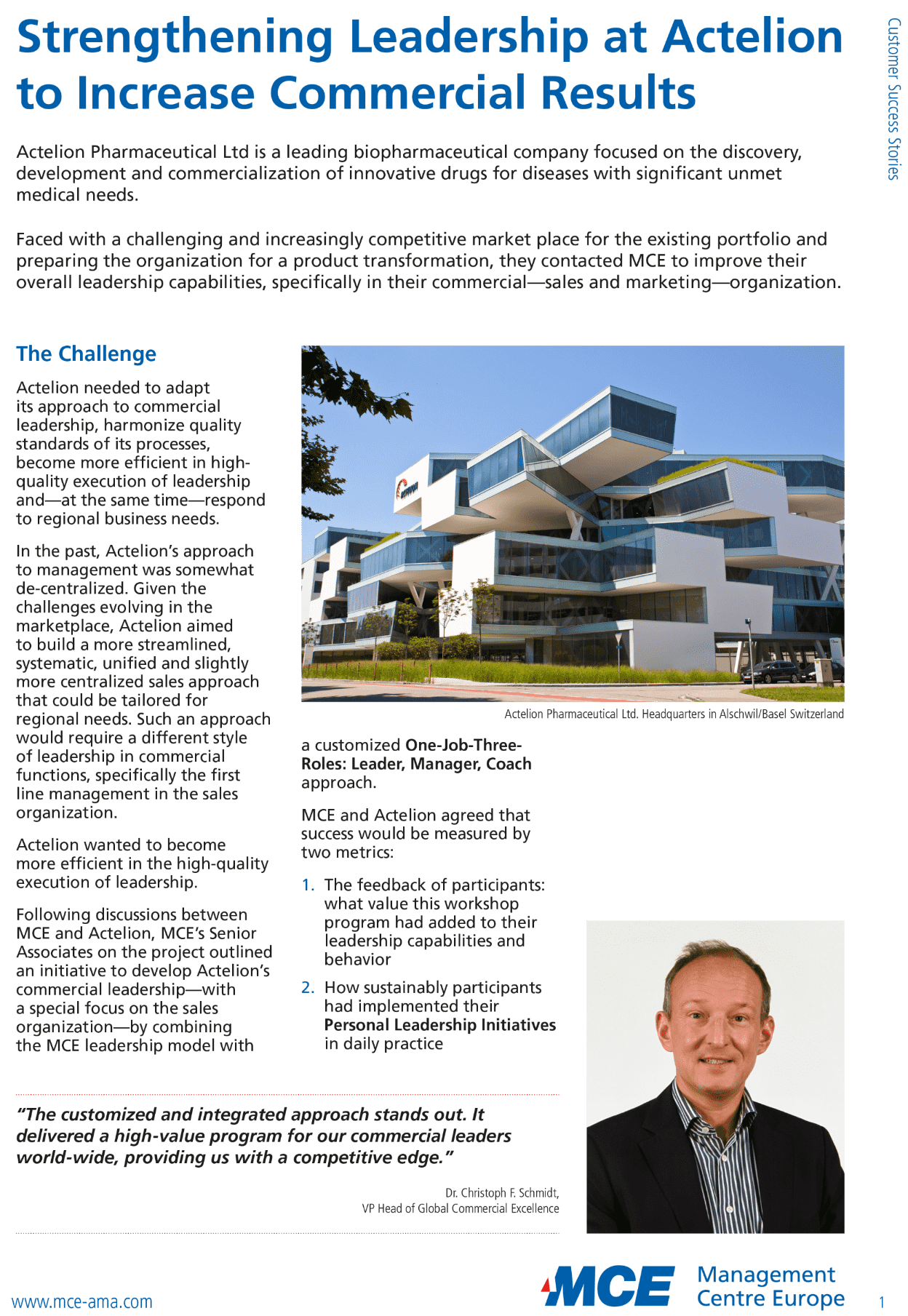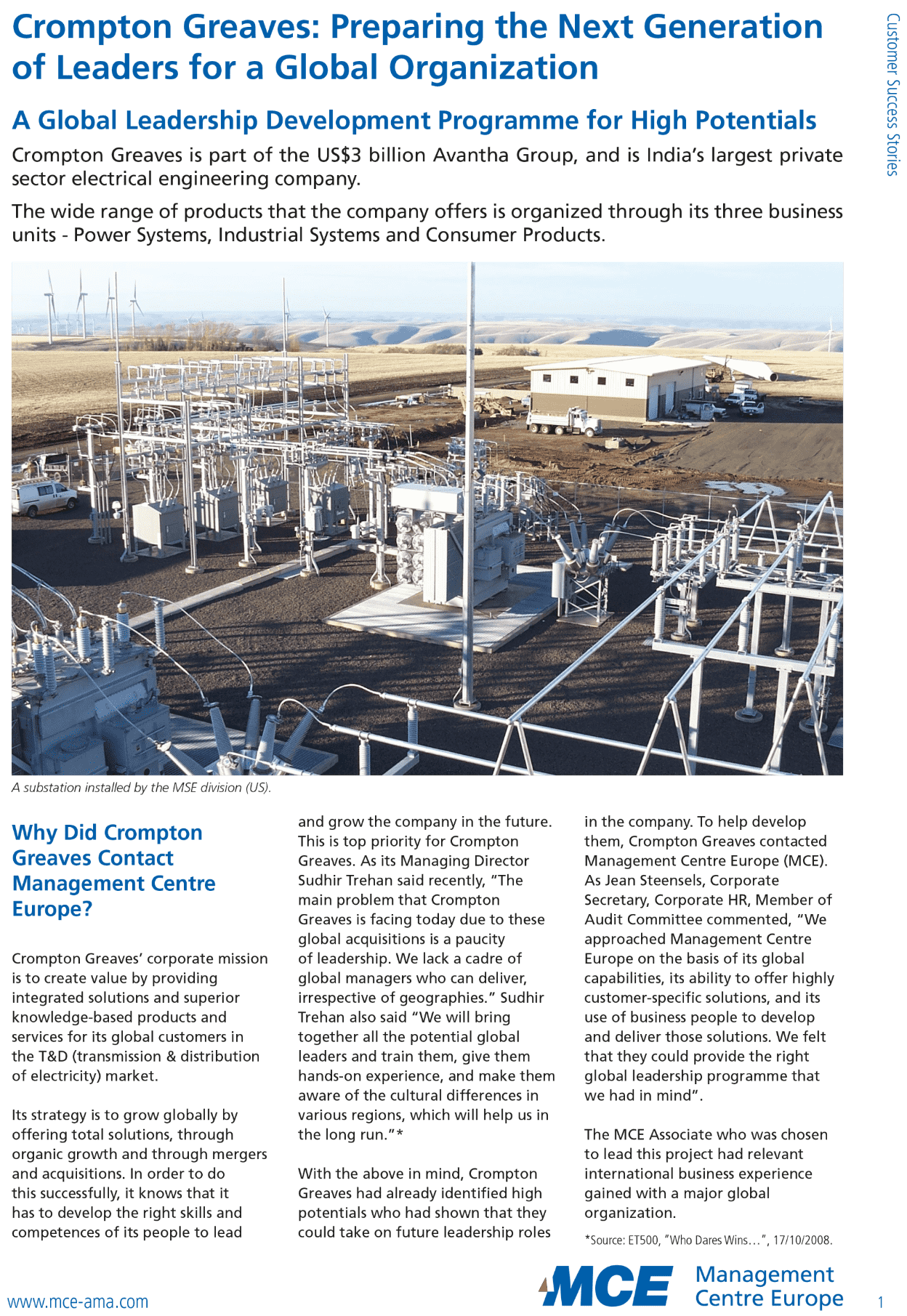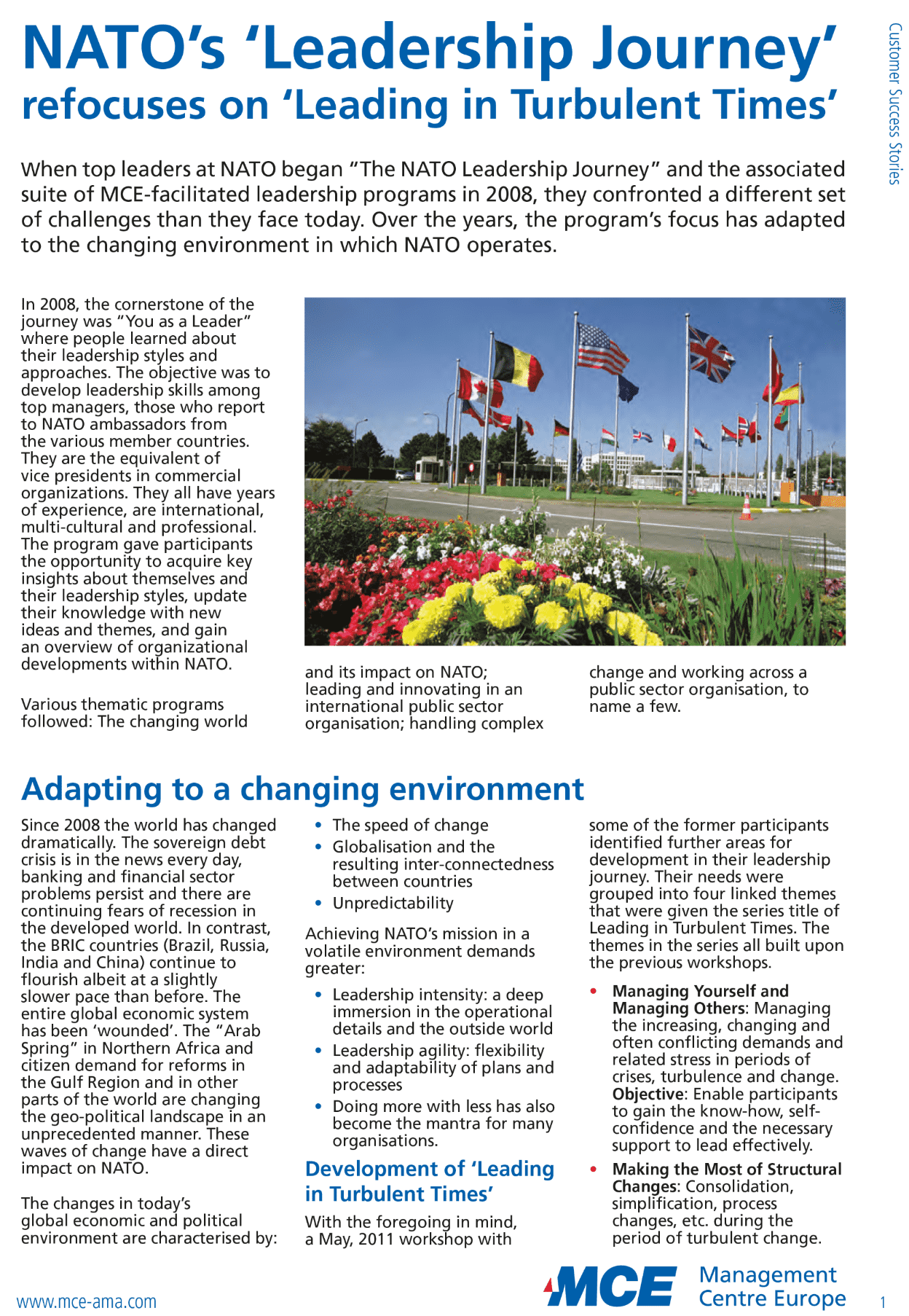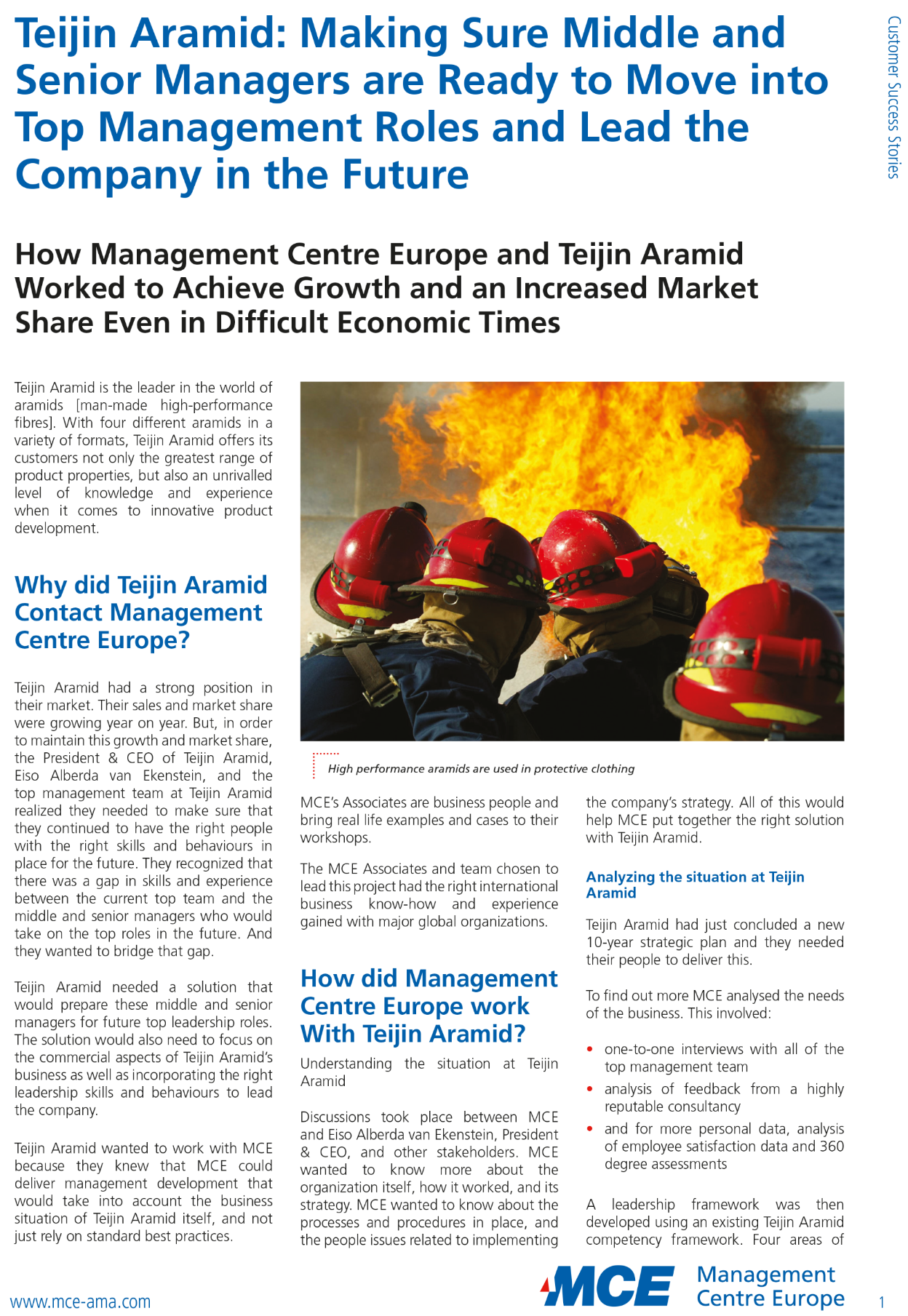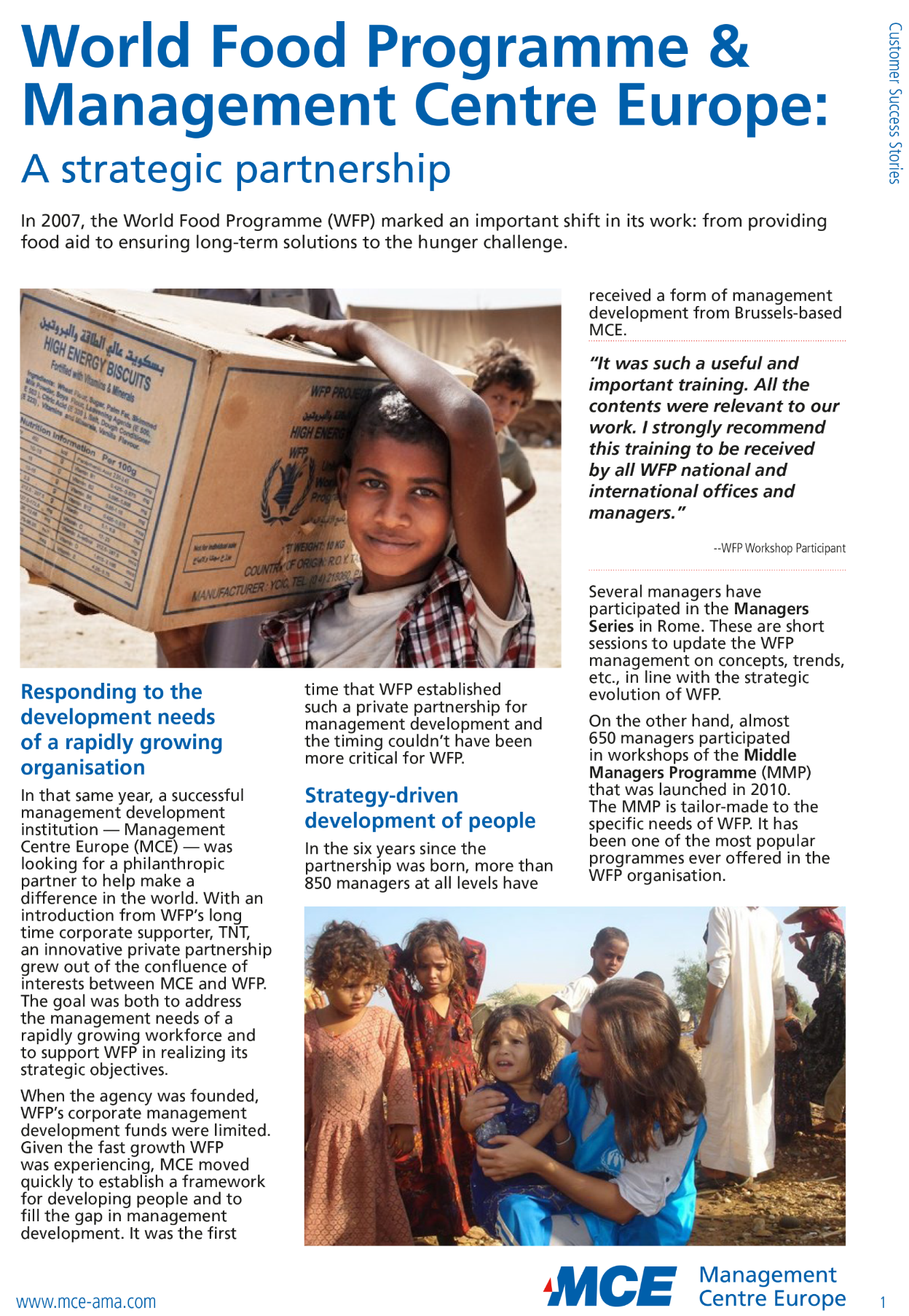Overview
Learn more
Get the key skills you need to manage and motivate your team, delegate and to become a great all-round manager.
You will also develop skills and gain insights and competencies to conduct negotiations successfully.
HIGHLIGHTS:
- This programme is practical, hands-on and business focused. You learn by using role plays, exercises and tips.
- Learn how to use clear goal setting and professional feedback to manage your team on a daily basis
- Identify and use the six stages of the Negotiation Model
- Explore the four dimensions of DISC and how it impacts persuasion and negotiations
- Plan your own strategy to apply to your negotiations
KEY COMPETENCES:
- Becoming a great manager
- Delegation strategies
- Coaching skills
- Communication skills
- Motivating your team
- Performance management
- Negotiation skills
- Active Listening skills
- Persuasion and influence planning for negotiations
- Manage confrontations
The Right Programme for you
LEVEL: New Managers
You are a manager with up to 3 years experience and you have a team of 3 or more people. You need to improve your management skills and become a great allround manager and learn to negotiate the best possible terms of an agreement for your company. This programme gives you the skills you need.
Typical Participants:
• New Managers
• Business Professionals
Learn, Practice and Use
- Understand your management roles and responsibilities
- Improve communication with your team & set expectations for you and your direct reports
- Adapt your management style to meet the needs of individual team members
- Communicate organizational goals that get results
- Apply delegation strategies to increase productivity and motivation
- Use effective coaching techniques to maximize your team’s performance
- Recognize different types of work conversations
- Define the goals of performance management
- Understanding and using the conversational triangle in your management role
- Practice delegation discussion in role plays
- Know when—and when not—to negotiate
- Develop an effective plan and strategy for any negotiation you encounter
- Learn the 6 stages of the Negotiation Model
- Know what behaviour to adapt at each stage of the negotiation process
- Successfully apply the principles of persuasion to any negotiation situation
- Effectively negotiate face-to-face, on the phone or through e-mail and other media
- Understand the four dimensions of DISC and the style tendencies of each
- Identify why negotiations become derailed and how to avoid negotiation traps
- Learn how to use different communication techniques in different situations
- Become a great negotiator in your role
- Share your knowledge and challenges with your peers and MCE's highly experienced faculty
Programme Modules
What will you learn and practice?
Essentials of Management and Negotiations is a highly interactive programme with exercises and role plays. It is facilitated by an experienced business practitioner.
Programme Modules:
1 – Defining Your Role as a Manager
- Discovering the qualities and abilities required for effective management
- Identifying the roles and responsibilities managers perform
- Exploring the contextual issues and challenges that new managers face today
2 – Continuous Performance Management
- Defining the goal of performance management
- Identifying the process and challenges
- Practicing the skills of performance management
3 – Communication: Conducting Effective Work Conversations
- Describe the importance of communication to effective management.
- Recognizing the qualities of effective communication.
- Understanding the process of communication and the barriers that can derail it.
- Recognizing different types of work conversations.
- Identifying the two key conversation skills.
- Understanding and utilizing the conversational triangle
4 – Coaching for Performance
- Identifying the importance of and requirements for coaching
- Learning the micro-skills of effective coaching
- Confronting problem behaviours in a tactful manner
- Using the AMA Guide to manage a coaching discussion
- Differentiating between coaching and disciplining
5 – Building a Motivational Climate
- Recognizing the manager’s role in employee motivation
- Exploring important elements of the motivational process
- Utilizing managerial practices for building a motivational climate
6 – Delegating for Growth and Development
- Describing the types of delegation that managers can engage in
- Identify the importance of, and the barriers to, effective delegation
- Assessing your current delegation practices and their challenges
- Recognizing what can and can’t be delegated
- Identifying the phases of effective delegation
- Practicing delegation discussion
7 – What is Negotiation?
- The basic concepts of negotiation
- What is negotiable in typical business situations
- Identify approaches to negotation
8 – Negotiation Stages
• Identify the six stages of negotiation
• Use appropriate behaviours in each of the stages
• Define the influences on the negotiation process
9 – Planning Your Negotiation
• Plan a negotiation
• Determine a settlement range
• Apply the planning framework in practice negotiation
10 – Persuasion
• Apply the persuasion process
• Use the frame/reframe process to understand the other party
• Examine possible approaches to use when there is confrontation
• Use listening skills in the negotiation process
11 – Communication
• Explain the four dimensions of DISC and the style tendencies of each
• Describe the characteristics of dual styles and their impact on negotiations
• Describe how to adapt style to maximize the results of negotiations
• Identify why negotiations become derailed and how to avoid negotiation traps
12 – Crafting a Strategy for Your Negotiation
• Plan a strategy to apply your negotiations
• Describe the process of identifying a problem or issue for negotiation
• Identify steps and techniques for choosing appropriate communication methods
• Create and apply a strategy for a business negotiation simulation
13 – Action Plan
• Apply what you’ve learned to plan a negotiation for back on the job
Testimonials
“ It is a perfect possibility to connect with people from different industries, who are dealing with the same issues.”
Agata Kulik, Product Manager Special Salts, Jungbunzlauer Ladenburg GmbH, Germany
“ Facilitator, content, tools, methods, room were very good and fitted to the participants and their needs.”
Andreas Armenat, Head of Production, GO Generics & Standard Solutions, Fresenius Kabi AG, Germany
“Very interesting topics, international and multicultural environment. Very professional coach.”
Alessandro Foresio, Vice President, Logic S.p.A., Italy
“The subjects covered were extremely relevant and gave input to my personal development.”
Rosa Karen Schmidt, Senior VP-Assistant, Novo Nordisk, Denmark
FAQ
ABOUT MCE’s OPEN ENROLMENT PROGRAMMES
What time does the programme start and finish?
MCE programmes start at 9:00 and finish at 17:00. Lunch is a 1-hour break and there are two coffee breaks too. On the last day, the programme finishes at 16:30 as we know a lot of people have to catch planes and trains.
What should I wear (dress code) when participating in an MCE Programme?
Most participants wear Business Casual clothes. A formal business suit is not necessary.
Are there MCE approved/recommended hotels?
Yes, each programme has recommended hotels that have the best rates. We include details of these hotels in your registration pack.
Are meals included? I don’t eat certain food. Can I order special meals?
Lunch is provided every day and we always organize a buffet so you have a good choice of foods to cater for different needs.
Are there evening activities?
Your evenings are free, although there some exceptions (e.g. On the MCE Leadership Development Programme there is an activity on day 3)
Is there a free Wi-Fi?
For programmes at MCE in Brussels, there is free Wi-Fi throughout the building. For other locations, the services can vary, but in most locations we have organized free Wi-Fi.
What level of English do I need to take part in an MCE Programme?
MCE’s participants come from over 90 different countries but all of our open enrolment programmes are run in English. You need to have a good working knowledge of English to be able to fully participate in the programme and network with other participants. If you have difficulty understanding these questions, the programme might be difficult for you too.
Will I get a certificate at the end of the programme?
Yes, a certificate of attendance is provided to you upon successful completion of the programme.
CONTENT OF MCE’S OPEN ENROLMENT PROGRAMMES
Are MCE programmes certified by an official body/organization?
10 of MCE’s top selling programmes are approved by Project Management Institute and you can find more information on these programmes here.
What is the MCE approach to learning and development?
All of MCE’s Open Enrolment programmes are based on MCE’s FEEL-THINK-DO and 70-20-10 principles to enable effective learning transfer.
Who designs MCE programmes?
Our Portfolio team together with the core MCE Senior Associates design all of our programmes based on the ROPES model.
Are MCE’s Programmes practical?
MCE’s programmes are all designed to allow to practice what you have learnt. So you will have lots of time to practice, practice and practice.
REGISTRATIONS, PAYMENTS AND FEES
Are VAT rates included in the price?
The price advertised in this page is VAT excluded and applicable to clients and companies legally based in the European Union.
All clients outside the European Union (EU), e.g. Middle East, Africa, Asia and America, are exempt from VAT rates. For them, the price advertised here is the final price to be paid.
- One exception: Training Programmes in France. All clients (inside or outside the European Union) following training programmes in France are liable to 20% VAT rates in all cases.
When are VAT rates applicable to me?
In the case of clients and companies legally based in the European Union, VAT rates will be added to the price in the following cases:
- If the client is a natural person (B2C) without a VAT number. 21% VAT applicable.
- If the training programmes runs in France: 20% VAT applicable.
- Also applicable to clients outside the European Union (EU)
- Except when
- The client is VAT-exempt
- If the client is legally registered in Belgium (independent from where in Europe the training programme is followed): 21% VAT applicable.
- Except when:
- The client attend the training programme in France: 20% VAT applicable instead.
- The client is VAT-exempt
- If the client does not provide a corporate VAT number or does not have any VAT number: 21% VAT applicable (Only applicable to clients in the EU).
- Except when:
I don’t have approval from my finance team yet, can I make a tentative registration?
Yes, simply contact us and we will hold a place for you.
Is hotel accommodation included in the programme fee?
No, participants are expected to arrange their own accommodation and travel. The Programme fee covers the programme attendance, materials, lunches & refreshments.
Does MCE give discounts or grants for individual registrations?
MCE works mostly with companies and organizations and we can provide corporate deals for group bookings or preferred supplier deals. If you would like to discuss a corporate deal, we will be happy to talk to you.
Can I pay with my corporate credit card?
Yes, you can. We accept VISA, Mastercard and Amex.
Does MCE have corporate deals/frameworks available?
Yes, we have. Please contact us for more information.
Can I cancel or change my booking free-of-charge?
At MCE, we understand that business people have commitments and changes do happen. So you can cancel or change your registration up to 21 days before the programme starts without any fees or charges. After that date, you will need to pay full fees, but you are allowed to transfer once to a new programme date.
The MCE Team is ready to answer any questions you have. Please contact us by phone, email, contact form or even website chat. We would be happy to talk to you!


